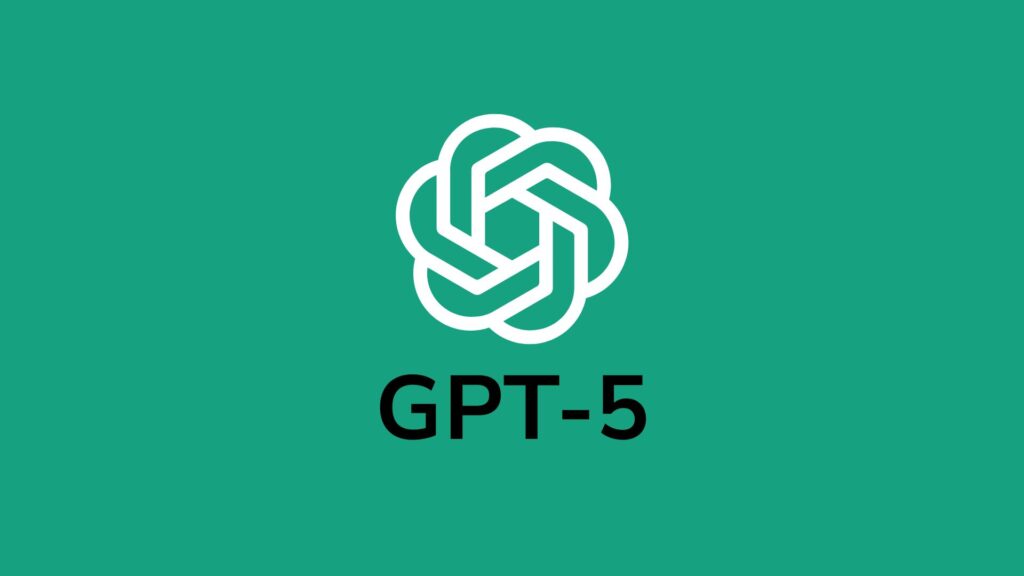Codex gets smarter with GPT-5, targets GitHub Copilot and rivals
The new Codex model for GPT-5 dynamically adapts to task complexity, providing more efficient pair programming and bug detection.

OpenAI has optimised its new GPT-5 model for Codex, its agentic software development tool, boosting performance on both quick coding sessions and long, complex projects. CEO Sam Altman said Codex already accounts for 40% of platform traffic.
GPT-5 Codex can now build full projects, add features, run tests, refactor large codebases, and conduct detailed code reviews. It dynamically adjusts the time spent ‘thinking’ based on task complexity, allowing both interactive pair programming and extended autonomous work.
OpenAI stated that the model can run independently for over seven hours, completing refactorings, fixing test failures, and delivering finished code. Early tests indicate that it catches critical bugs more reliably, allowing developers to focus on the most important issues.
The upgraded Codex is available via terminal, IDE integrations, the web, and GitHub, and comes bundled with ChatGPT Plus, Pro, Business, Edu, and Enterprise subscriptions. OpenAI launched Codex CLI in April and a research preview in May.
With GPT-5 Codex, OpenAI aims to capture market share from GitHub Copilot, Google’s Gemini, Anthropic’s Claude, and startups such as Anysphere and Windsurf. The company claims the new version delivers faster, higher-quality results for developers at every stage of the software lifecycle.
Would you like to learn more about AI, tech, and digital diplomacy? If so, ask our Diplo chatbot!
